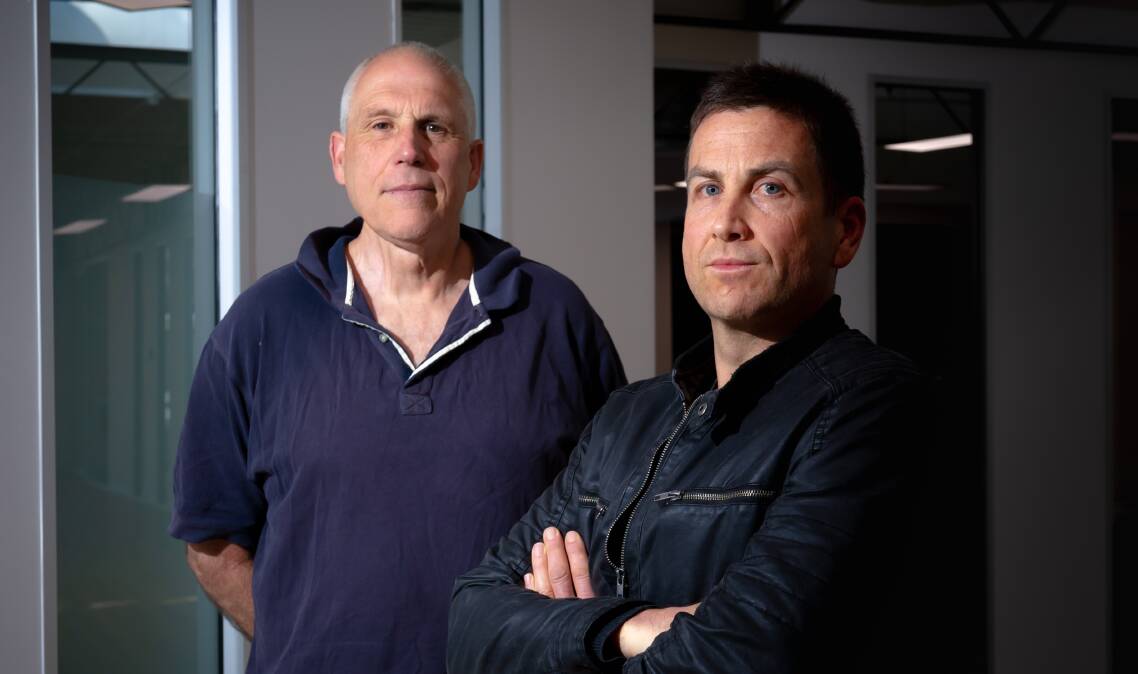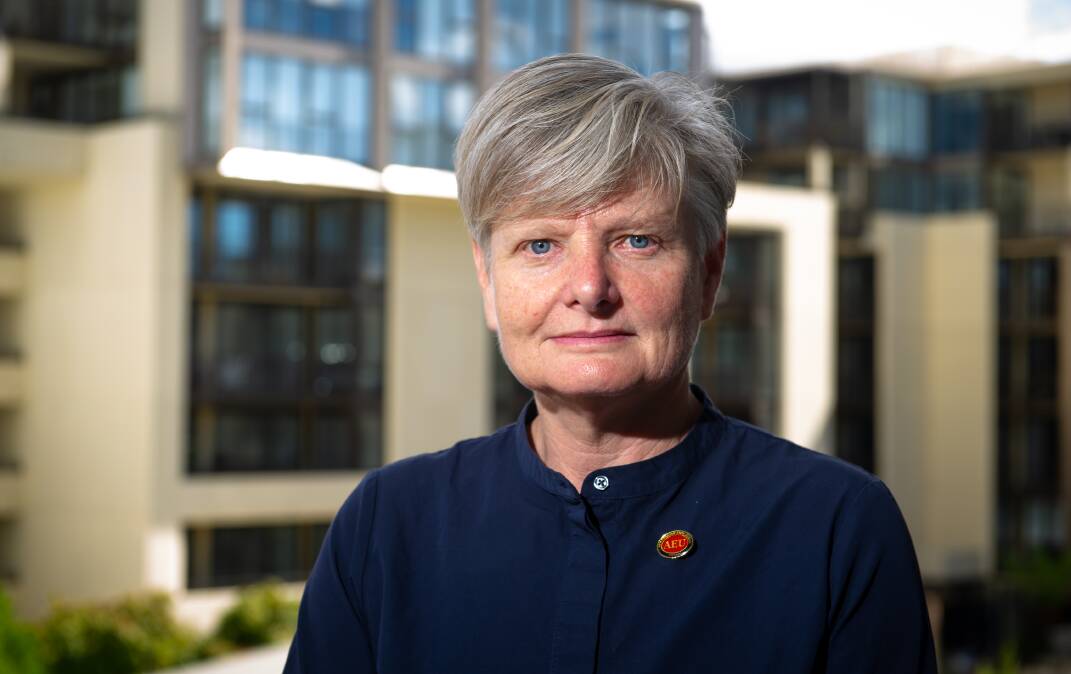
ACT public schools could face further disruptions in 2023 as teachers move towards industrial action, saying they are fed up with staff shortages and escalating workloads.
The union membership has rejected the ACT government's initial pay offer which they claim would mean a pay cut amid high inflation and will take steps to hold a protected action ballot.
The Australian Education Union is calling for a wage increase of 7.5 per cent annually or the ACT consumer price index plus 1 percent, whichever is greater.
Under the initial offer for all ACT public service employees, new educators would get an annual average increase of 4.3 per cent while the most experienced principals would see a 2.84 per cent annual lift in their wages.
Lake Ginninderra College head of science, maths and information technology Roger Amey said members were irate about the offer.
"They found it insulting and it's indicated that the Education Directorate had no understanding of what's happening in schools and what sort of pressure staff are under," he said.
Australian Education Union ACT branch president Angela Burroughs said the union asked the ACT government for a better pay offer and for their claims to be directly addressed by December 12.
Teachers will likely vote on industrial action at the beginning of Term 1 with action to start by the end of that term, including possible full-day strikes.
"What they are saying loudly and clearly is that pay and workload are the critical issues and what we've been offered is nothing in relation to workload and a real term pay cut," Ms Burroughs said.
"Providing the same offer to education workers as the rest of the sector just will do nothing to address the teacher shortage. If anything at all, it has the potential to make it worse."

An Education Directorate spokesman said the government's aim was to significantly increase the wages of the lowest paid workforce.
"This offer is equivalent to or exceeds that made to teachers in other parts of Australia, including those in NSW. The offer, if accepted, would make ACT public school teachers amongst the highest paid in the country," the spokesman said.
"The Education Directorate is committed to bargaining in good faith and acknowledges the critical role the enterprise agreement will play in supporting teachers, school leaders and school staff in addressing staff shortages and workload pressures."
Teacher burnout mounts
Hawker College history and politics teacher Tom Greenwell said the mood at his school was of exhaustion.
"We've been through years now of teacher shortages, classes collapsing and being cancelled, the kind of flux and disruption which comes with not being able to get teachers," Mr Greenwell said.
"For years now we've been relying heavily on the willingness of teachers to go the extra distance if somebody has to take leave or is sick or is away for some reason."
Mr Amey estimated most teachers worked 50 hours a week, executive teachers worked more than 60 hours per week, while principals and deputy principals put in more than 70 hours per week.
"Everybody works during stand down, we have two of those a year, and if senior school staff weren't working during their leave time at Christmas no school would open on time. And the employer fails to recognise that."
Mr Greenwell said short-term workload reduction measures, including extra pupil free days and not writing comments on reports, were not satisfactory in the long term.
"We need to fundamentally address the teacher shortage, which is creating these intense workload pressures and has really brought things to a boil."
Primary school teacher Sarah Warren said some pre-service teachers had completed their degree and placement but decided not to get a job as a teacher.
"We've got these amazing people who perhaps aren't even starting in our profession because we quite frankly don't have the pay and conditions to attract them into staying or staying long term," she said.
Specialist English as an additional language or dialect teacher Trina Cleary said about half of her time was spent filling in for absent staff members, meaning her students were not getting as much support.
She's seen colleagues leave the profession without any job to go to because they had nothing left to give.
"These are people that care deeply about kids so they've scraped the bottom of the barrel. They've given everything they have to give and they've only given up when they just can't physically go anymore," Ms Cleary said.
"It's not like they're walking away healthy, they're walking away broken."
The union's claims include making primary school face-to-face teaching hours 19 hours per week, increasing superannuation employer contribution to 15.4 per cent, providing adequate resourcing and reducing workload for new educators.
Parents 'exasperated'
Industrial action could be met with backlash from parents and carers who have had to find childcare for extra pupil free days and are concerned that their children have fallen behind in their learning since the onset of the pandemic.
ACT Council of Parents & Citizens Associations president Alison Elliott said parents could be concerned by further disruptions to schools.
"We know that parents support better pay and conditions for teachers. That reflects the respect parents have for teachers and a desire to make it easier for teachers to focus on teaching and their students," Ms Elliott said.
"But because we've seen so many disruptions to schools in the past couple of years, parents are likely to be exasperated by any industrial action which impacts on learning time or the consistency of the learning environment for kids."
Ms Burroughs said she hoped the community would support the teachers' industrial action.
"We would hope that the community will be backing teachers by wanting the resources and the staffing levels in schools so that all children can get the education that they deserve."
We've made it a whole lot easier for you to have your say. Our new comment platform requires only one log-in to access articles and to join the discussion on The Canberra Times website. Find out how to register so you can enjoy civil, friendly and engaging discussions. See our moderation policy here.







